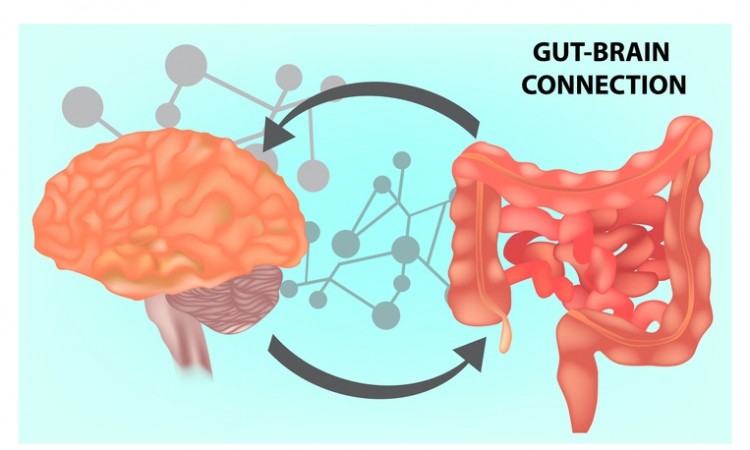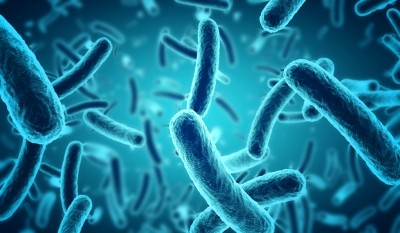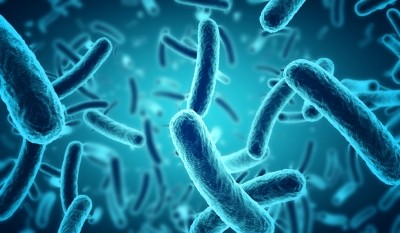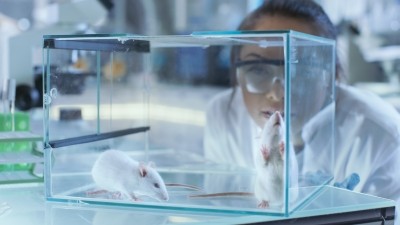Prebiotic and probiotic interventions may ease depression in adults

While researchers say there isn’t enough evidence to support the idea just yet, they are exploring the possibility.
A new review published in BMJ Nutrition Prevention & Health took a look at previous research. Their findings suggests that probiotics either taken by themselves or when combined with prebiotics, may help to ease depression.
Review included seven studies
Researchers at Brighton and Sussex Medical School, Brighton, UK, reviewed studies published between 2003 and 2019 that looked at the potential therapeutic contribution of pre-and probiotics in adults with depression and/or anxiety disorders.
With about 70 studies to work with, the team applied pre-determined inclusion exclusion criteria, and also appraised the studies for their quality using a modified-CASP checklist. Their review focused specifically on quantitative measures from patients with clinical diagnoses of depression and/or anxiety disorders.
Upon applying their criteria for inclusion, the researchers narrowed it down to seven studies.
All seven examined at least one probiotic strain and four investigated multiple strains. Overall, 12 probiotic strains were included in the selected studies, with the focus mostly on Lactobacillus acidophilus, Lactobacillus casei, and Bifidobacterium bifidium. One study looked at combined pre-probiotic treatment, while one looked at a prebiotic intervention alone.
According to Lumina Intelligence, the strains that consumers in the United States seem to like best are Bifidobacterium longum, Lactobacillus helveticus and Lactobacillus rhamnosus, with average rating of 4.6 stars, according to online reviews.
Lumina’s research also found that the best-rated probiotics for mood are Jarrow Formulas Hyperbiotics PRO-15 Advanced Strength with 4.7 stars, followed by Nouri Probiotic & Omega Oil Digestive Health, Jarrow Formulas Mood, and Garden of Life Dr. Formulated Probiotics Mood +, all tied with 4.6 stars.
Findings
Of the 12 different probiotics, the researchers found 11 of them to be potentially useful.
All of the studies showed a significant fall or improvement in anxiety symptoms and/or clinically relevant changes in biochemical measures of anxiety and/or depression with probiotic or combined pre-probiotic use.
From design to methods used, all the studies were very different. However, when it came down to the outcome, all of the studies concluded that probiotic supplements either alone or in combination with prebiotics may be linked to measurable reductions in depression.
The research team suggests that probiotics may help reduce the production of inflammatory chemicals. They may also help guide tryptophan, a chemical thought to play a key role in the gut-brain axis.
Limitations
The researchers point out that it is difficult to draw any conclusions because all of the studies were short in duration and the number of subjects in each was small.
“Without balanced data, a larger scale or longer trials, one cannot gain accurate information regarding: the overall effect of an intervention; whether the effects seen are lasting, long-acting or temporary; or whether there are any long-term dangers or complications associated with the prolonged use of the intervention,” the authors noted.
Another factor the researchers highlighted is how people take on mental disorders differently: "In this way, with a better understanding of the mechanisms, probiotics may prove to be a useful tool across a wide range of conditions.”
Additionally, it is important to take into account that depression and/or anxiety sufferers often have other underlying conditions such as irritable bowel syndrome, for instance. The authors note that the effect that probiotics have on patients may be twofold: they may directly improve depression in line with the observed findings of their meta-analysis, and/or they might beneficially impact a patient's experience of their common mental disorder by alleviating additional comorbidities.
Conclusions
The authors conclude that these preliminary findings suggest continued investigation, on a larger scale and over a longer time period. “However, purely from the information gathered in this review, it is valid to suggest that, for patients with clinically recognised depression: isolate, or adjuvant, prebiotic therapy is unlikely to affect an individual’s experience of their condition in a quantitatively evident way; and that isolate, or adjuvant, probiotic/combined prebiotic–probiotic therapy may offer a quantitatively measurable improvement in parameters relating to depression. However, there are inadequate data to suggest anything meaningful to support or refute the use of either pre/probiotic agents (or a combination of both) in patients with clinically recognised anxiety disorders; this would be a useful area to investigate further.”
Source: BMJ Nutrition, Prevention & Health
2020;bmjnph-2019-000053. doi: 10.1136/bmjnph-2019-000053ce
Food & mood: a review of supplementary prebiotic and probiotic interventions in the treatment of anxiety and depression in adults
Authors: S. Noonan et al.















